Ford’s Michigan Expansion Revs Up Detroit Industrial Market
The company is planning to spend $700 million to expand its Flat Rock plant as part of an overall $4.5 billion investment on electrified vehicles over the next four years.
By Gail Kalinoski
Flat Rock, Mich.—The Detroit metro area has had plenty of difficulties, but the industrial sector remains solid. Ford’s decision to spend some $700 million to expand its Flat Rock plant as part of an overall $4.5 billion investment on electrified vehicles over the next four years will only add to that strength, driving both employment and business for suppliers.
“The automotive sector still drives the Detroit market and Ford’s plans for expansion is just another indicator that the Detroit market is continuing its success story and its positive momentum that will continue well into 2017,” said Raffi Derbabian, vice president, Colliers International in Southfield, Mich.
Derbabian said the metro Detroit industrial market is at “a record low vacancy of 4 percent,” adding that it is one of the “greatest success stories of the past four years.”
CBRE puts the industrial vacancy rate at about 3 percent, noted Peter Rogers, vice president, Advisory & Transaction Services, CBRE|Detroit, in Southfield. He said it’s the lowest industrial vacancy rate in about 15 years. Rogers and others attribute the vacancy rate to the lack of new construction, particularly speculative development, to meet the growing demand. Most of the new development, Rogers said, is built to suit.
Susan Harvey, senior vice president of Ashley Capital in Canton, Mich., one of the state’s largest industrial landlords, said the Ford Flat Rock expansion is good news for the community but will likely impact those companies already supplying the plant the most.
“It wouldn’t surprise me if the existing supplier network that is already servicing and providing production for this plant gets bigger and expands,” she said.
Harvey said Ashley Capital owns about 20 million square feet of industrial space in Michigan, much of it “in the down river area, which is in fact close to the Flat Rock plant. We are positioned to hopefully benefit from this expansion.”
She said about 70 percent of Ashley Capital’s tenant base in Michigan is involved in the automotive sector, including about 4 million square feet of fully occupied space close to Flat Rock.
Harvey said Ashley Capital is building speculative industrial, including 575,000 square feet in Hazel Park, Mich., and also developing a 1 million-square-foot property for a tenant in Livonia, Mich. But she also pointed to the low vacancy rate and said she hopes the Ford news spurs other developers to build speculative projects.
Jason Capitani, executive vice president and principal at L. Mason Capitani CORFAC International in Troy, Mich., a privately held real estate services firm that specializes in the sales, leasing and management of industrial, office, medical retail properties, agreed the Ford expansion should help the supply chain.
“As the Big 3 continue to invest in our local plants, this translates to more work for Tier 1, 2 and 3 suppliers…and their continued confidence to invest in the community,” Capitani said. “At a minimum, we are retaining jobs, if not increasing job opportunities.”
The Ford announcement calls for the factory to build high-tech autonomous and electric vehicles along with Mustang and Lincoln Continental cars. The move, which will add about 700 jobs in Michigan, came the same day the automaker said it was cancelling plans to build a $1.6 billion plant in Mexico.
During the presidential campaign, President-Elect Donald Trump, who takes office on Jan. 20, threatened Ford and other automakers with huge tariffs to bring Mexican-made vehicles into the United States. He also called Ford out for planning to move production of its Focus to a new plant in San Luis Potosi, Mexico. While Ford decided not to go ahead with building the San Luis Potosi plant, it plans to shift production to an existing Hermosillo, Mexico, factory. Those vehicles will reportedly be shipped overseas where the demand for compact cars is greater than in the U.S.
The automaker said it will electrify some of its most popular commercial vehicles, trucks, SUVs and performance vehicles, including the iconic Mustang that will be built as a hybrid at the Flat Rock plant. A hybrid version of the popular F-150 pickup truck will be built at the Ford Dearborn Truck Plant in Dearborn, Mich. Flat Rock will also build a fully electric small SUV that can drive at least 300 miles before recharging and a high-volume autonomous vehicle designed for commercial ride hailing or sharing. In other good news for Michigan, 3,500 jobs will be retained at the Wayne, Mich., assembly plant that currently manufactures Focus as they work on two other products—the Ford Ranger pickup and Bronco SUV, according to The Detroit News.





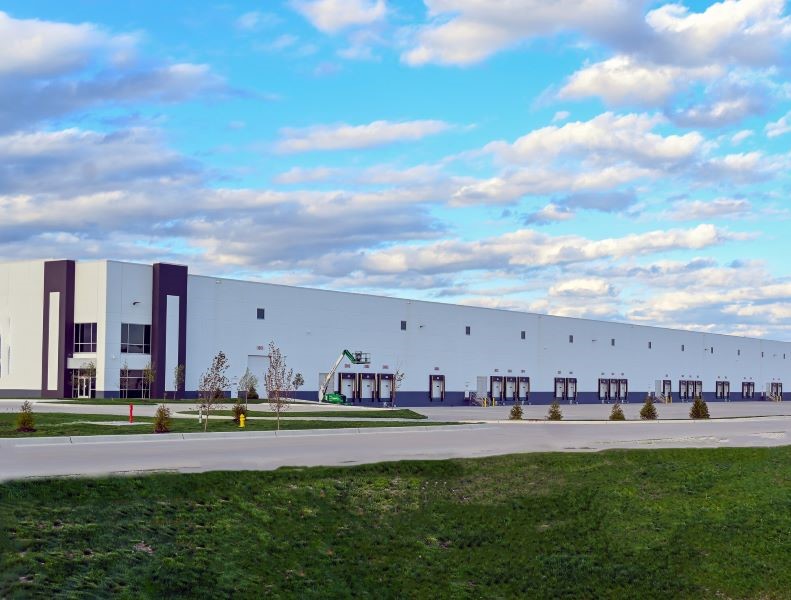
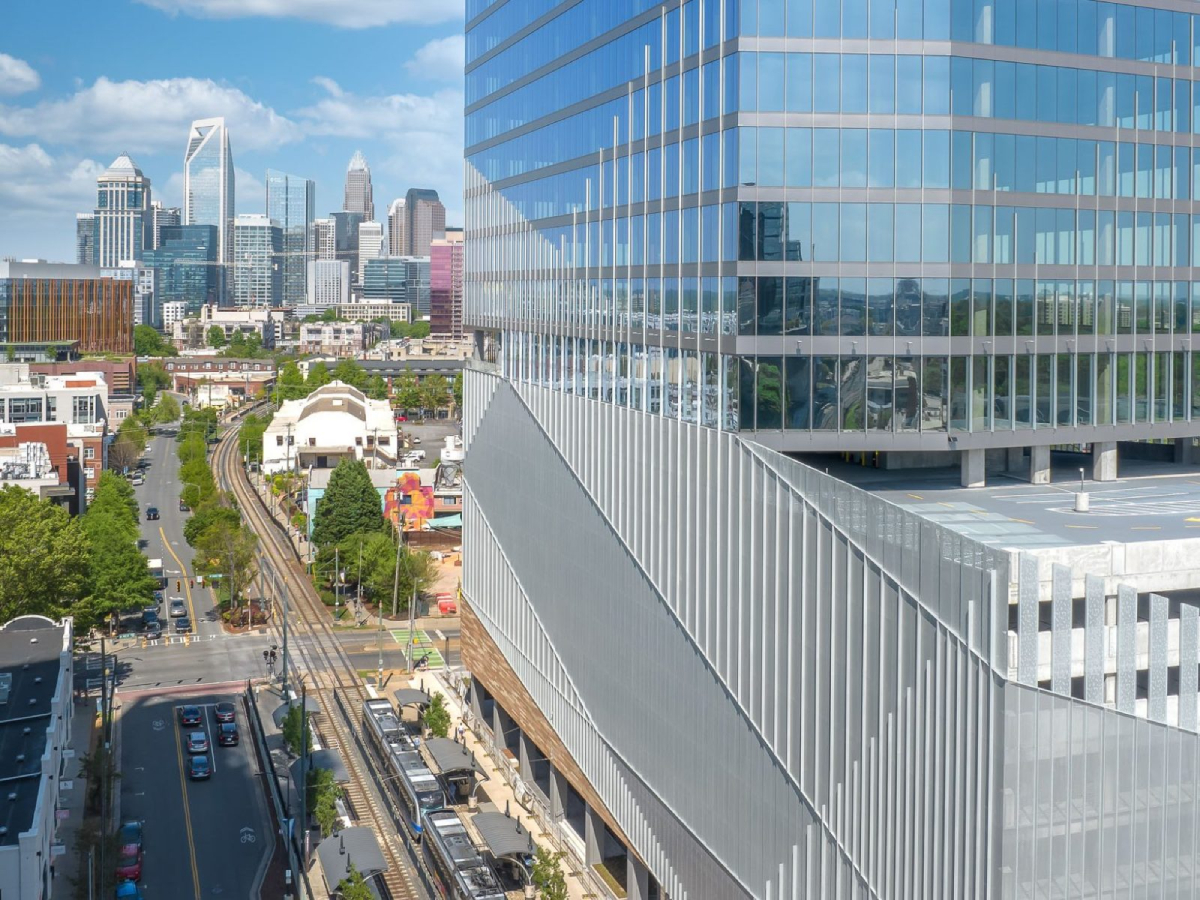
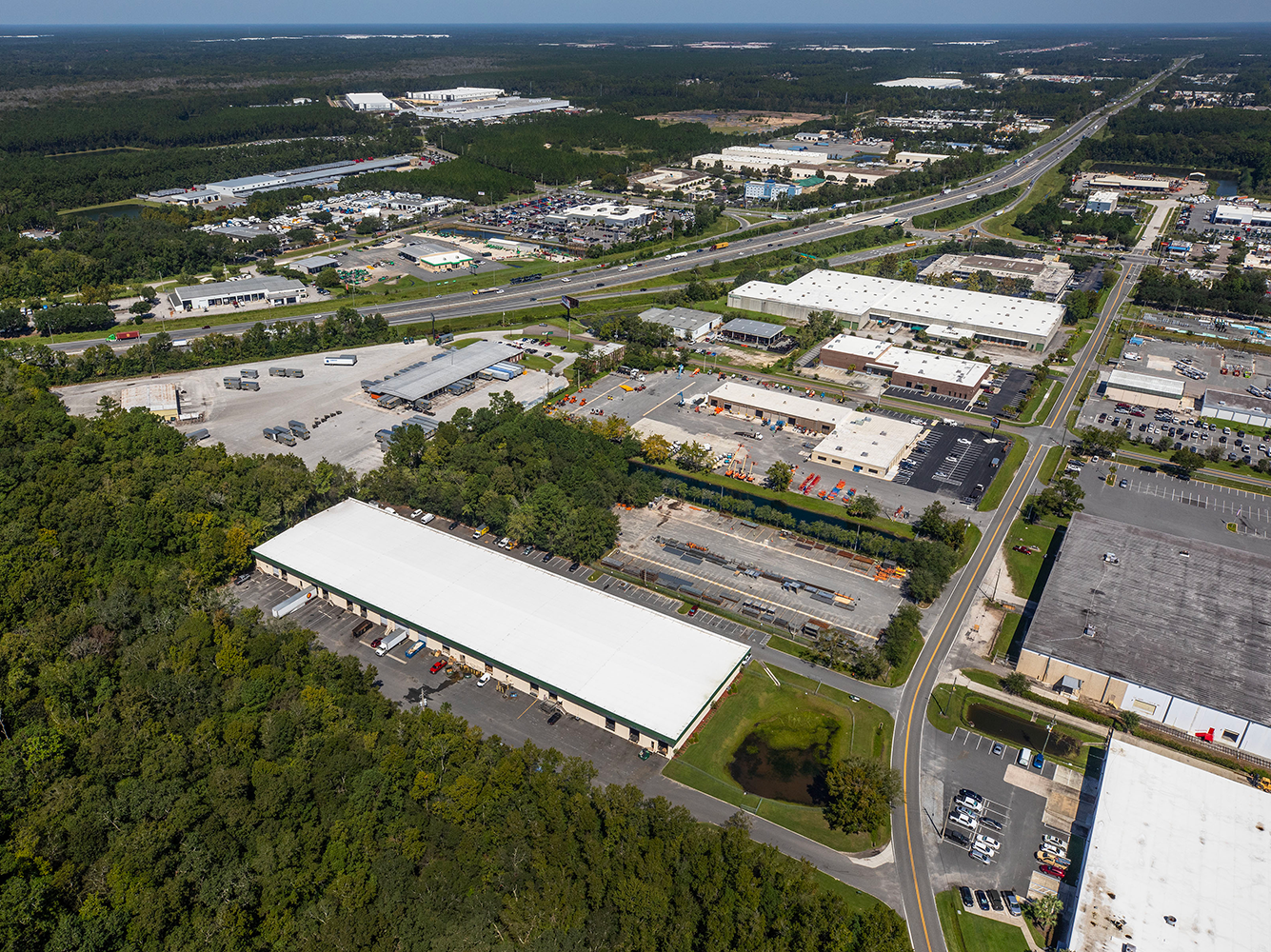

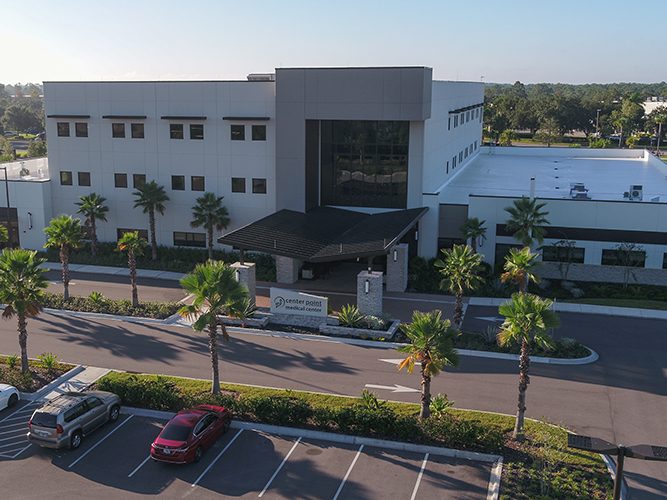
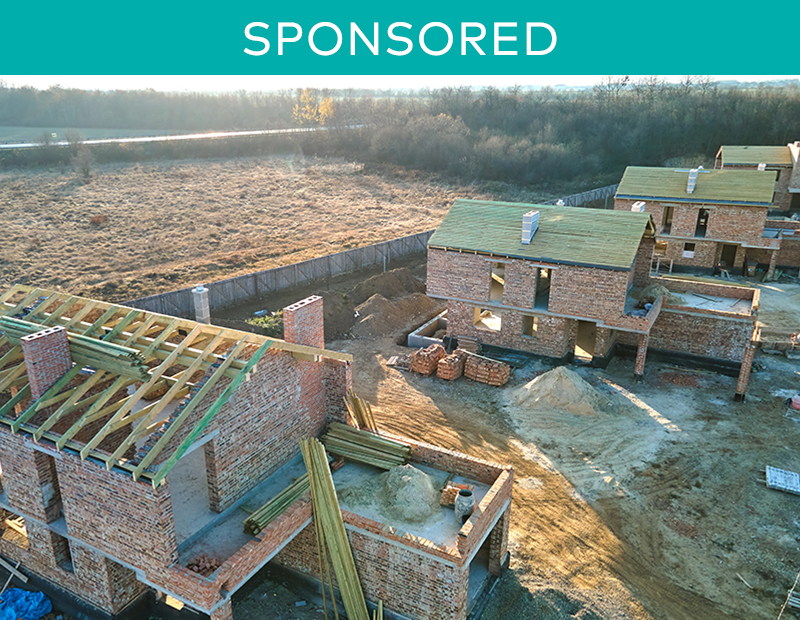
You must be logged in to post a comment.